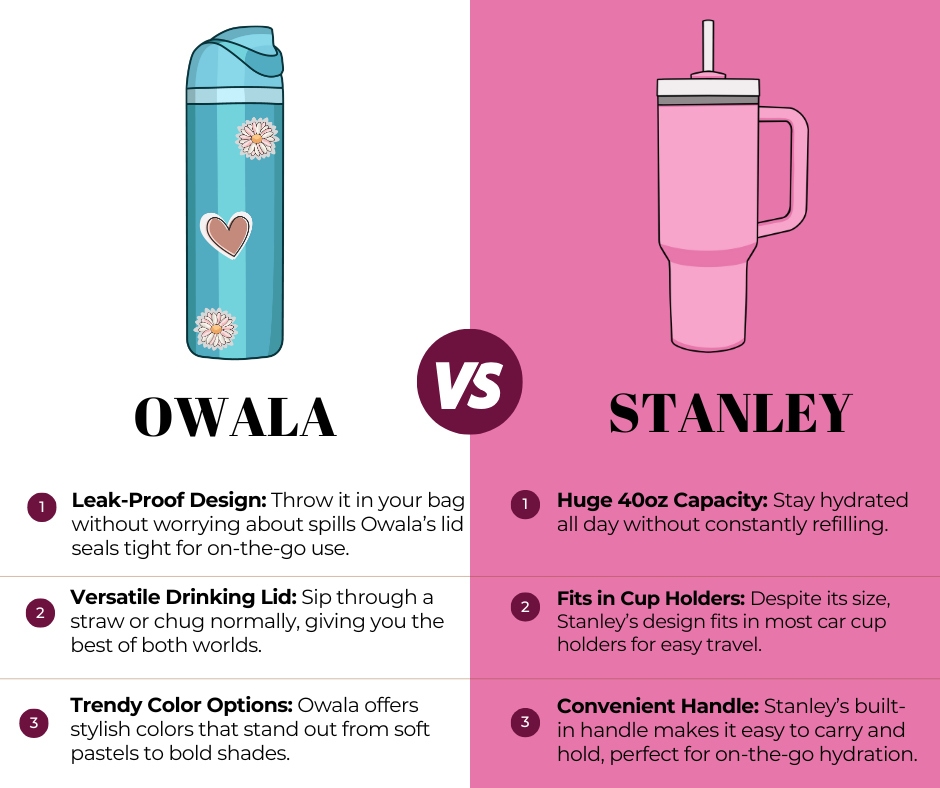How many times will we watch a woman fall short of the presidency before we ask ourselves: is it really about her policies, or is it the ever-present gender biases that continue to hold her back? The 2024 election felt all too familiar—another qualified woman, another loss. Waking up after election day immediately transported me back to 2016, to the wave of disbelief and disappointment ignited by Hillary Clinton’s defeat. We’re reliving the same grim reality, where gender biases once again overshadow the potential of a female leader, regardless of policy or agenda.
This isn’t just a recent trend either. These losses reflect a long-standing pattern where women’s ambition is constantly questioned, and their leadership is scrutinized in ways that men’s leadership never is. It’s a double standard that forces women to work twice as hard for half the validation.
At the time of the 2016 election, I didn’t fully grasp the magnitude of its impact. But I will never forget the anger I felt watching Donald Trump’s campaign undo progress on gender equality and women’s rights. At ten years old, I couldn’t do much to change it, but my “That Woman from Michigan” t-shirt became the badge of my budding activism. It was my small way of standing up for all the women in my and others’ lives who too often are blocked by a glass ceiling.
And yet, here we are again. Eight years later, I find myself reaching for that tee shirt again.
As I reflect on these cycles of disappointment, I am reminded of my own experiences with gender bias, experiences that have shaped my understanding of the world and my place in it. Earlier in the year, I became captivated by a study that analyzed the gender divide in marriage likelihood based on IQ. I decided to write a research paper on the subject. Since my investigation into this niche topic, gender studies have become an issue very close to my heart—especially in an age in which women’s freedoms are under threat by men in power.
As I’ve grown into my identity as a woman, I’ve started noticing these gender dynamics everywhere. Whether in my job as a server, where I often hear patronizing comments from men that reduce my value to surface-level traits, or in conversations about my future, where expressing my interest in public policy is met with dismissive laughter. We’ve seen this play out over and over again, and progress still feels painfully slow. However, in that frustration lies motivation.
So, what can I do, what can we do, to break this cycle? The question isn’t whether women are capable. We’ve proven that time and time again. On a larger scale, the question is how we dismantle the social and political systems that keep women out of power. We need to push for more representation of female leaders. On a smaller scale, it’s like passing the mic during karaoke, making sure all the women surrounding you get their turn in the spotlight and their voices are heard. As Vice President Kamala Harris puts it, “if we fight, we win”.













